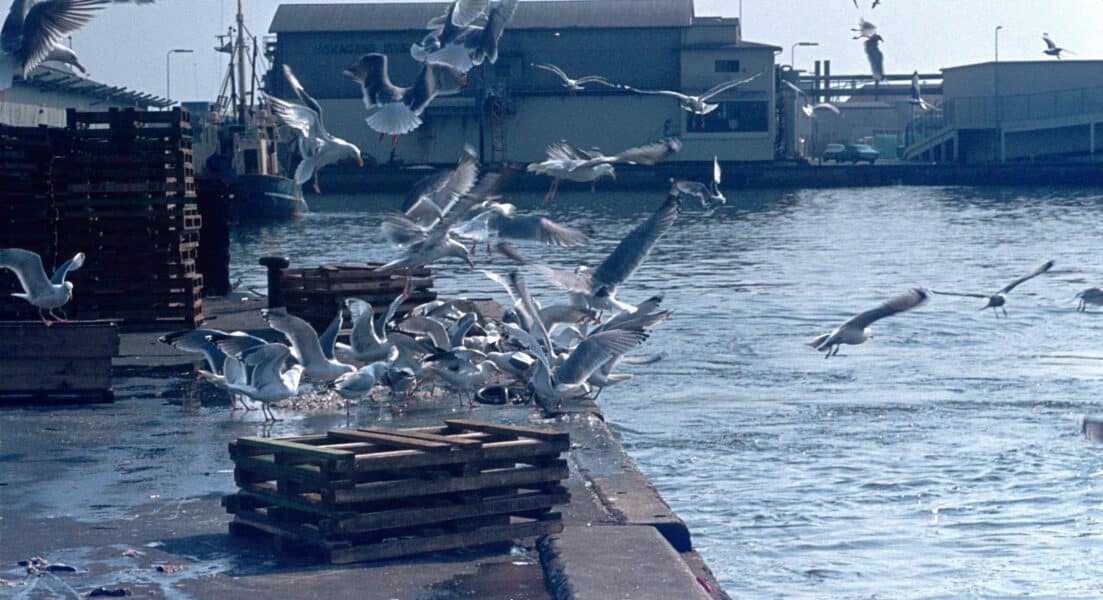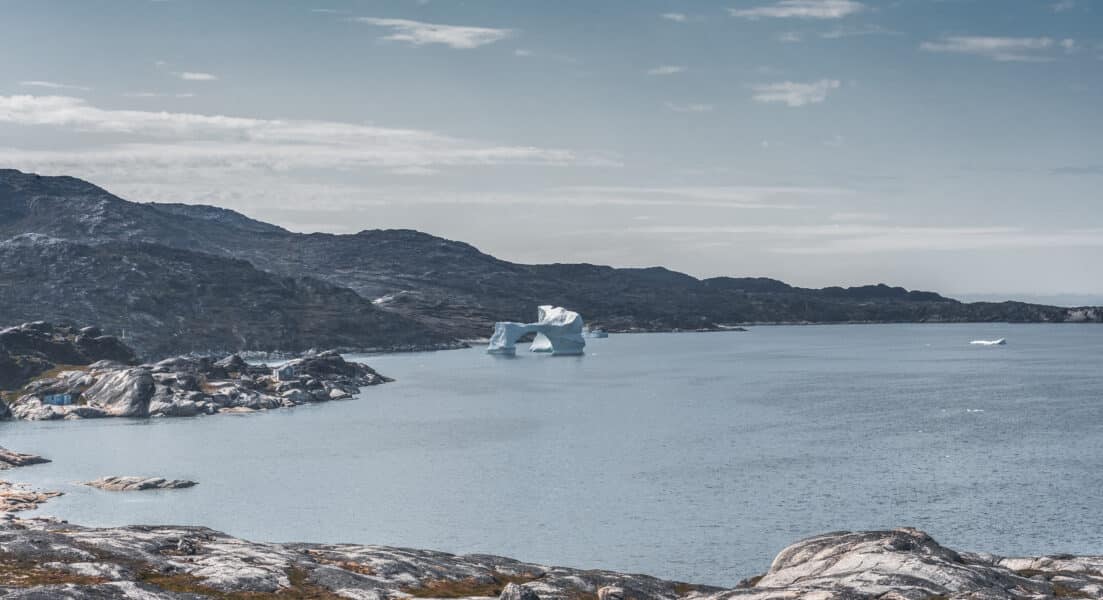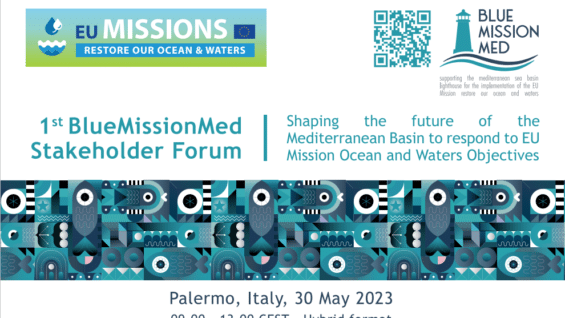Stakeholder in Greenland and Denmark and their challenges
In both Denmark and Greenland, fishing and the processing of seafood and fish are important. The fishing industry in Greenland is very important to the national economy of Greenland and the local food supply. It is the source of many people’s livelihoods across the country. Denmark is one of the world’s largest importers and exporters of fish and fish products; the processing industry produces a large variety of products based on many different species.
To better understand the local needs and barriers preventing the exploitation of the blue biomass available in Greenland and Denmark, stakeholders are interviewed in 1:1 meetings.
The interviews and interaction with stakeholders will be ongoing. Among others, Royal Greenland, Jeka Fish, and other companies within the blue bio-based sector are or have been approached for their contribution. Authorities such as The Danish Agricultural Agency are asked to contribute regarding the handling of the barriers etc. The following 8 areas will be further investigated and clarified in connection with the ongoing involvement of several other stakeholders.
Funding and investments: Funding is mainly available for energy reduction, development of fishing tools etc. Not for the development of new competencies/skills.
Sustainability: Due to the logistical challenge in Greenland, side-streams are dumped in the sea if there is no other economically sustainable application of biomass. This is approved by the authorities, but expensive for the industry. In Denmark, the wastewater is discharged into the public wastewater treatment plants, which is expensive due to the high content of protein.
Regulation: Approval of new technological solutions can be a long process. Greenland is not a part of the EU, but a part of the Danish Kingdom, therefore it can take a longer time to have an application processed e.g., use of purified seawater in the processing. The Danish industry is challenged by different implementations of regulations in different EU countries.
Competition: In Denmark, the industry competes with among others the life science industry for unskilled labour. In Greenland, the cost of logistics is a challenge, because most of the finished products are for export and need to be transported long distances. This means the cost is higher compared with local competitors’ costs at the final destination.
Talent and workforce development: In the rural areas in both Denmark and Greenland, it is a challenge to recruit people for both the processing of fish and seafood products and for the innovative development of the side-streams.
Geography: Infrastructure and logistics in Greenland are challenging. You cannot travel by car/truck between two settlements, villages, or towns.
Business plan/sales channels: The industry needs to find new sustainable business models for the marketing of the side-streams and in some cases develop the existing models.
Access to raw materials: Access to raw materials has become very competitive in Denmark. Quotas have over the last years been reduced and the industry has been affected by BREXIT.
Statement: ”If you had access to more labor, you would have more growth” “We do not have enough labor in Greenland, and as long as there is reasonable growth in Europe, it is also difficult to recruit from the European countries.” Grønlands Erhverv/Business Association








